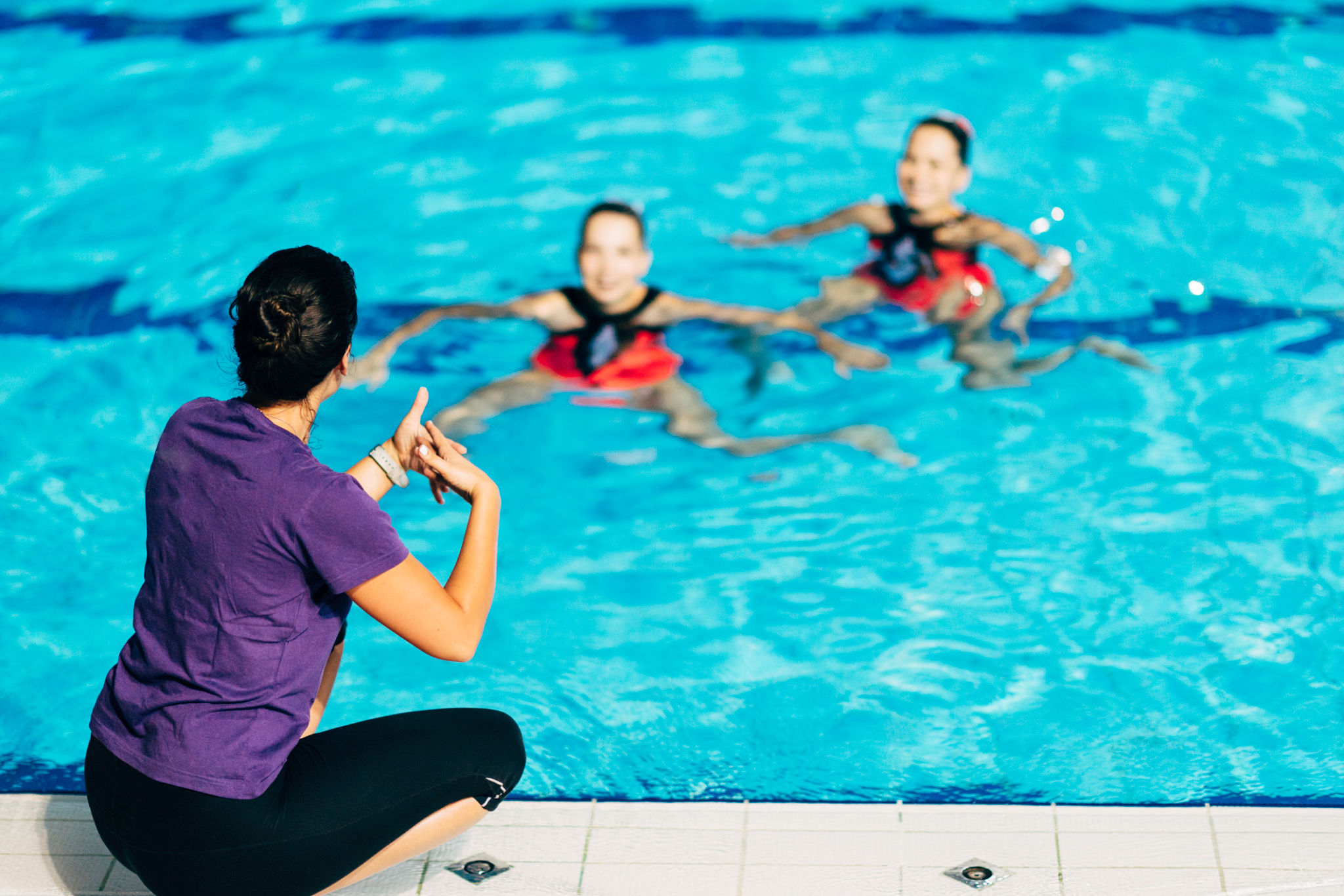Debunking Common Myths About Competitive Swimming
Myth 1: Swimming Isn't a Real Workout
One of the most common myths about competitive swimming is that it's not a real workout. Many people mistakenly believe that because swimming is a low-impact exercise, it doesn't provide the same benefits as land-based workouts. However, this couldn't be further from the truth. Swimming is a full-body workout that engages multiple muscle groups simultaneously, including your core, arms, legs, and back.
In fact, swimming can burn as many calories as running or cycling, depending on the intensity and duration of the workout. It's an excellent way to build cardiovascular fitness, improve endurance, and increase strength without putting undue stress on your joints.

Myth 2: Competitive Swimmers Don't Need Strength Training
Another common misconception is that swimmers don't need to engage in strength training. While it's true that swimming alone can develop certain muscle groups, incorporating strength training into a swimmer's routine is essential for optimal performance. Strength training helps improve power and speed in the water, enhances muscular endurance, and reduces the risk of injury.
Swimmers often include exercises like weightlifting, resistance band work, and bodyweight exercises in their training regimen to complement their swimming workouts. This combination helps them build a well-rounded physique and improve their overall athletic performance.
Myth 3: You Can't Swim Well Without Natural Talent
Many people believe that you need to be born with a natural talent to excel in competitive swimming. While innate ability can be an advantage, it is not the sole determinant of success in the sport. With dedication, proper training, and the guidance of experienced coaches, anyone can become a skilled swimmer.

Swimming is a sport that rewards hard work and perseverance. Regular practice helps individuals refine their technique, build endurance, and overcome personal limitations. The journey to becoming a proficient swimmer is a testament to the power of consistent effort and commitment.
Myth 4: Swimmers Don't Need to Focus on Nutrition
It's a misconception that swimmers can eat whatever they want due to their intense training schedules. In reality, nutrition plays a crucial role in a swimmer's performance and recovery. A balanced diet that includes carbohydrates for energy, proteins for muscle repair, and healthy fats for sustained energy is essential.
Hydration is equally important, as swimmers often don't realize how much they sweat during practice due to being in water. Proper nutrition and hydration can significantly impact a swimmer's energy levels, recovery times, and overall performance.

Myth 5: Competitive Swimming Is Only for Young People
There's a widespread belief that competitive swimming is an activity reserved for the young. However, swimming is a lifelong sport that offers opportunities for all ages. Masters swimming clubs welcome adult swimmers of varying skill levels who wish to compete or simply stay fit.
Participating in swimming provides numerous benefits for older adults, including improved cardiovascular health, increased flexibility, and reduced stress levels. It also fosters a sense of community and camaraderie among its participants.
Conclusion
Competitive swimming is often misunderstood due to various myths surrounding the sport. By debunking these misconceptions, more individuals can appreciate the physical and mental benefits that swimming offers. Whether you're young or old, beginner or advanced, swimming provides an excellent opportunity to improve fitness and well-being.
